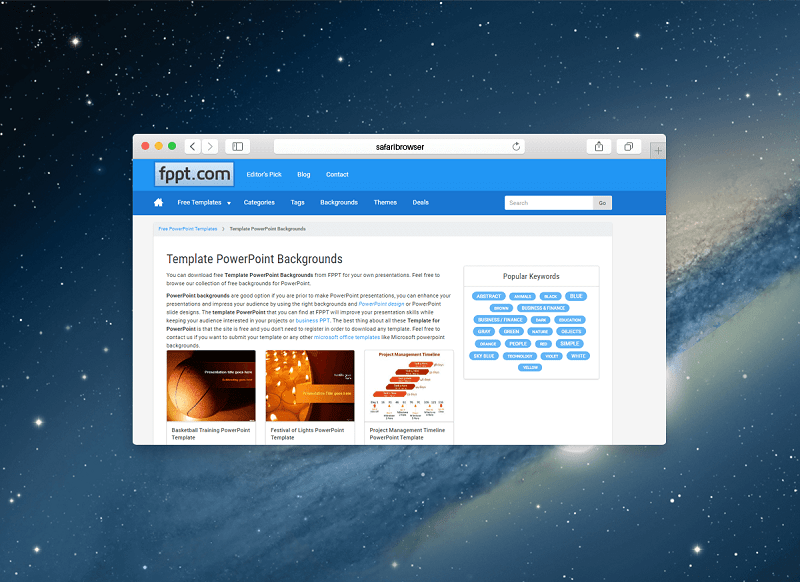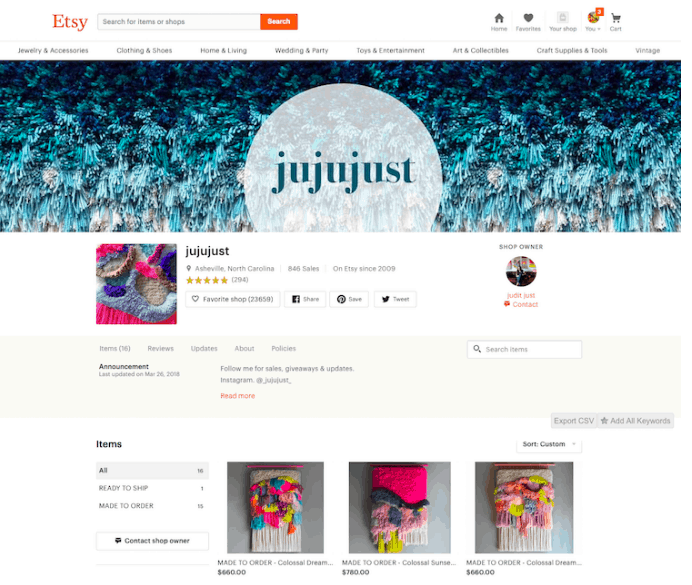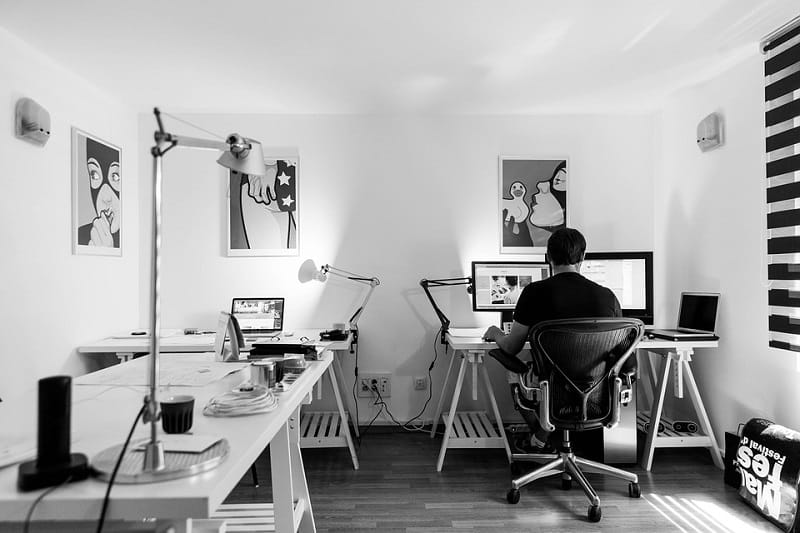Buses don’t have to be just a way to get from A to B, they can also bring a host of opportunities. Following on from the street food van vendors comes the idea to give the bus a new identity. Can you make this a success?
If you want to give it a go, all it takes is a combination of funding, knowledge and risk. Together with Stagecoach, we show you the best examples of when people thought about more than bus pass prices when boarding this transport.
Table of Contents
Example # 1. Oliver Kemp, Hotel Bus
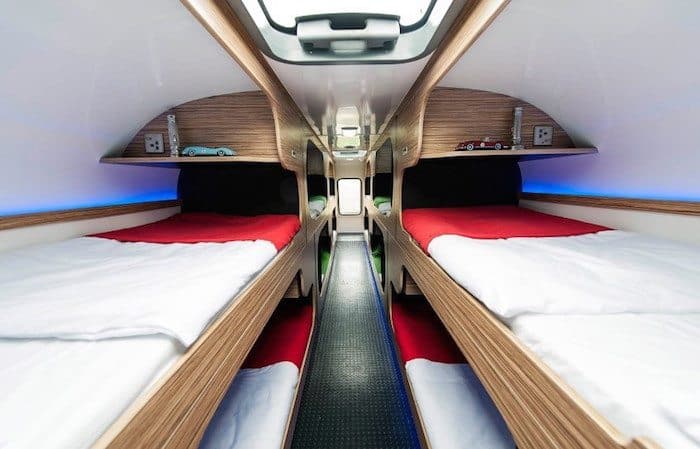
Most us have done it before – fell asleep on public transport. But, instead of running the risk of missing your stop, why not plan in your snooze?
Some plucky entrepreneurs have transformed buses into hotels, such as East Yorkshire businessman, Oliver Kemp, who has created BEDROAM – a functional mobile hotel for use at events such as festivals. The bus features 18 luxury sleeping pods, two bathrooms and an outdoor space.
Spending a reported £60,000 on the project, Oliver and his work has since featured on TV’s Amazing Spaces. Proof that with a bit of ingenuity, you can turn space-saving ideas into mobile business success!
Down Under, an Australian entrepreneur has also converted a bus into a sleeping shelter for homeless people. These ‘sleepbuses’ are designed to shelter rough sleepers overnight.
Example #2. Lesley Tindle, Boutique Bus
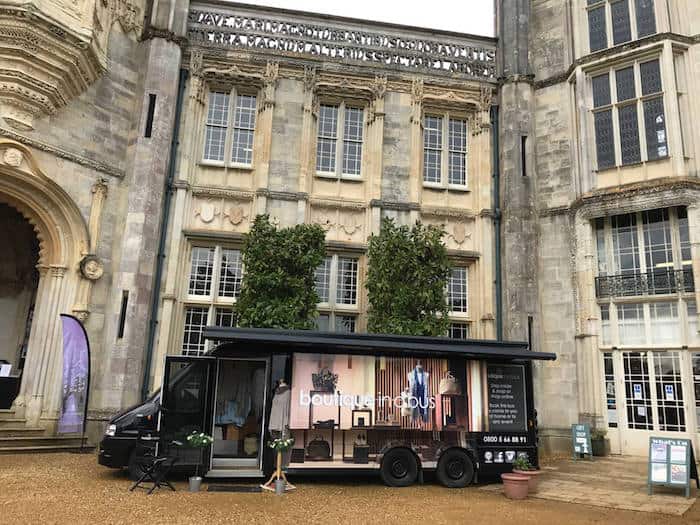
If you’re fed up of high street retailing, then why not build your own bus to move to where the people are? That’s what Lesley Tindle did, transforming an old Fiat Ducato community bus into a mini boutique.
By incorporating electronic pods where seating used to be, the bus is easily expandable and able to display stock as soon as it arrives at events and festivals across the UK. This idea shows the versatility of buses, allowing an owner to easily transport stock and sell it directly from their bus.
Example #3. Rishi Chowdhury, Co-Working Bus
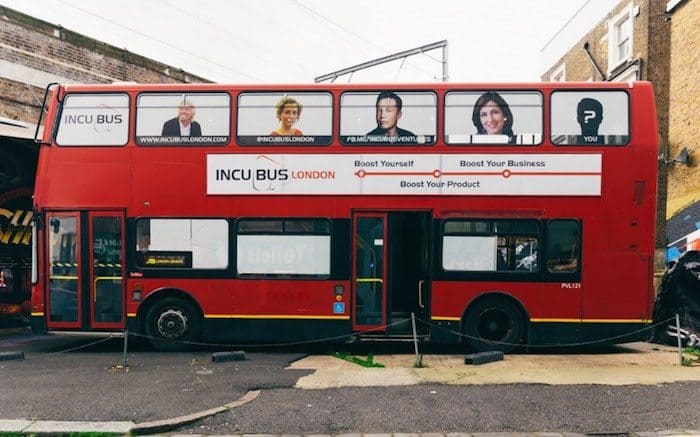
Of course, when it comes to bus conversions, it’s all about the application. There really are no boundaries. What does the bus need to do? In some areas of the country, just having an area to focus on work can be costly as offices, hot desks and co-working spaces increase in price.
This is why Rishi Chowdhury converted a double decker bus into ‘IncuBus’, a business incubator that cost the price of a busfare to use. The bus itself cost around £12,000 and the conversion cost up to £30,000 – but the vehicle acted as the IncuBus office space, hosting up to five startups at any one time. It’s proof that an innovative idea can work well, if you’ve got the business sense to try it.
Example #4. David Humphreys and Alex Robinson, Bar Bus
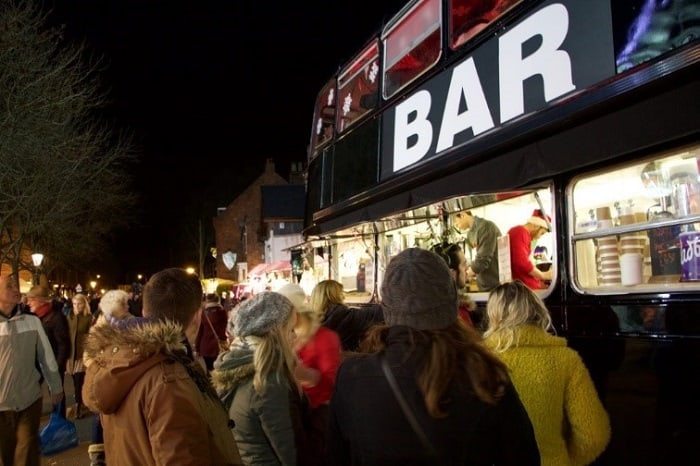
We know you can’t drink and drive, but nobody said you couldn’t convert a bus into a bar! One bus, christened Leyla, is the result of a 1966 Leyland Titan being renovated by owners David Humphreys and Alex Robinson. They spent around £60,000 converting it into a fully equipped bar, complete with a lounge area upstairs. Run as a private hire event attraction, this is just one example of a bar renovation.
The experience has even been expanded by an entrepreneur in Russia. They have created a VIP party bus which is paid for per person, per night, driving around the city serving drinks and allowing revellers to dance. Where some party busses in the UK are designed to get revellers from one location to another, Alexander Berest’s party bus is meant to be the destination.
To create a bar bus business, you must find the right bus, pay for the cost of conversion, installation and the personal licence fee you’ll need to serve alcohol in the UK. You’ll also need to pay concession costs for events you attend, which can be pricey.
Example #5. Crust Conductor, Restaurant Bus
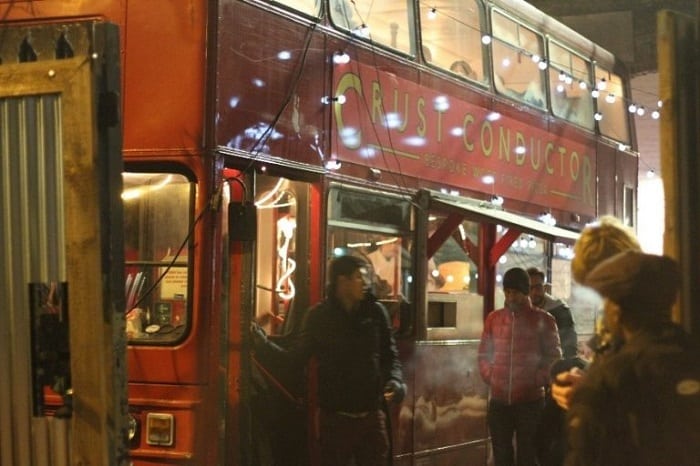
Moving away from the potentially ‘wild’ bar bus, comes a bus that serves meals, taking a popular street food idea (mobile food vans) into the extreme. There have been a number of bus restaurant conversions in the UK – though one of the most popular is the Crust Conductor, which serves pizzas in its 34-seater restaurant. As a mobile business, it can visit festivals and food events but is primarily housed in London.
Mobile workplaces are surely worth considering if you are looking to run your own business. Buses are traditionally used as transport vehicles – but as the future pushes innovation and conventions are challenged, it will come as no surprise to see more entrepreneurs stretching the limits of what can be achieved with a bus-borne business. However, with most people’s renovations costing upwards of £30,000, you’ll need plenty of investment behind you. Crowdfunding, anyone?



